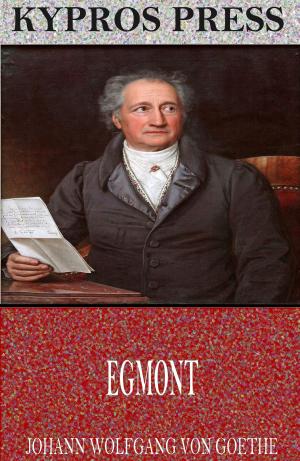Discourses Upon Trade
Business & Finance, Economics, Exports & Imports, Macroeconomics, Theory of Economics| Author: | Sir Dudley North | ISBN: | 9781619825161 |
| Publisher: | Charles River Editors | Publication: | February 13, 2012 |
| Imprint: | Language: | English |
| Author: | Sir Dudley North |
| ISBN: | 9781619825161 |
| Publisher: | Charles River Editors |
| Publication: | February 13, 2012 |
| Imprint: | |
| Language: | English |
Sir Dudley North was a successful English merchant, economist, and author. He earned much of his wealth by engaging in trade with Turkish cities on the Mediterranean. North is often mentioned as one of the great English economists of the 17th century, among peers such as John Locke. His tract entitled Discourses upon Trade, principally directed to the cases of the interest, coinage, clipping and increase of money, was published anonymously in 1691 in the Select Collection of Early English Tracts on Commerce printed by the Political Economy Club of London. In this assertion of the free-trade doctrine against the system of prohibitions which had gained strength by the Revolution, North shows that wealth may exist independently of gold or silver, its source being human industry. It is a mistake to suppose that stagnation of trade arises from want of money; it must arise either from a glut of the home market, or from a disturbance of foreign commerce, or from diminished consumption caused by poverty. The export of money in the course of traffic, instead of diminishing, increases the national wealth, trade being only an exchange of superfluities. Nations are related to the world just in the same way as cities to the state or as families to the city. North emphasizes more than his predecessors the value of the home trade. With respect to the interest of capital, he maintains that it depends, like the price of any commodity, on the proportion of supply and demand, and that a low rate is a result of the relative increase of capital, and cannot be brought about by arbitrary regulations. In arguing the question of free trade, he urges that every advantage given to one interest over another is injurious to the public. No trade is unprofitable to the public; if it were, it would be given up; when trades thrive, so does the public, of which they form a part. Prices must determine themselves, and cannot be fixed by law; and all forcible interference with them does harm instead of good. No people can become rich by state regulations, only by peace, industry, freedom and unimpeded economic activity.
Sir Dudley North was a successful English merchant, economist, and author. He earned much of his wealth by engaging in trade with Turkish cities on the Mediterranean. North is often mentioned as one of the great English economists of the 17th century, among peers such as John Locke. His tract entitled Discourses upon Trade, principally directed to the cases of the interest, coinage, clipping and increase of money, was published anonymously in 1691 in the Select Collection of Early English Tracts on Commerce printed by the Political Economy Club of London. In this assertion of the free-trade doctrine against the system of prohibitions which had gained strength by the Revolution, North shows that wealth may exist independently of gold or silver, its source being human industry. It is a mistake to suppose that stagnation of trade arises from want of money; it must arise either from a glut of the home market, or from a disturbance of foreign commerce, or from diminished consumption caused by poverty. The export of money in the course of traffic, instead of diminishing, increases the national wealth, trade being only an exchange of superfluities. Nations are related to the world just in the same way as cities to the state or as families to the city. North emphasizes more than his predecessors the value of the home trade. With respect to the interest of capital, he maintains that it depends, like the price of any commodity, on the proportion of supply and demand, and that a low rate is a result of the relative increase of capital, and cannot be brought about by arbitrary regulations. In arguing the question of free trade, he urges that every advantage given to one interest over another is injurious to the public. No trade is unprofitable to the public; if it were, it would be given up; when trades thrive, so does the public, of which they form a part. Prices must determine themselves, and cannot be fixed by law; and all forcible interference with them does harm instead of good. No people can become rich by state regulations, only by peace, industry, freedom and unimpeded economic activity.















